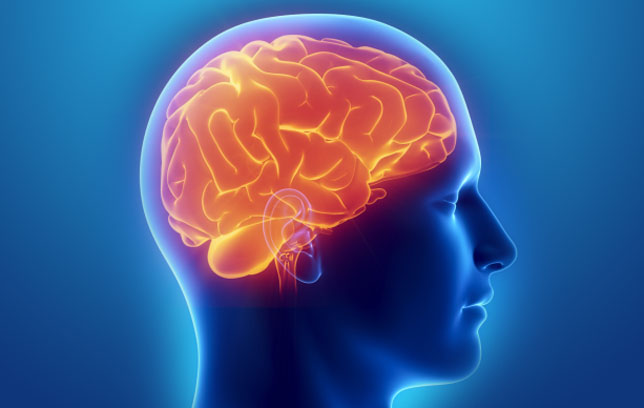A Time Management Article by Harold Taylor
But with an increase in lifespan generally comes a loss of mental function and mobility. Although physical fitness remains important, it is equally important to keep your brain in shape as well. Fortunately, we now know that the brain does not become fully developed and then remain the same. It can continue to grow new cells and new connections, rewire itself, and even have some areas of the brain take over when other areas are damaged. If you want to fully take advantage of your increased lifespan, keep your brain fit. You can do that with physical and mental exercise, proper diet, and lifelong learning.
We hear a lot about diet when it involves weight control or diabetes or blood pressure or cancer or dozens of other possible afflictions. But we don’t hear nearly as much about maintaining brain health through proper nutrition. The three-pound mass of nerve cells and supporting tissues that we call the brain is so complicated with its 100 billion neurons, or nerve cells, and supporting tissues that it is still not fully understood. But it is known that brain health is linked to proper diet as well as the other things such as a physically active lifestyle, stress management and adequate sleep. According to health experts, foods that are good for your brain include bananas, blueberries, hemp seed and apple juice. among others. Many believe that Omega 3 fatty acids are of particular importance.
Daniel G. Amen, physician, psychiatrist, and founder of Amen Clinics has written many books on the brain. He has a chapter on diet in his 2020 book, The End of Mental Illness, worth reading. As medieval philosopher and physician Maimondes is quoted as saying, “No disease that can be treated with diet should be treated with any other means.”
The brain is where time is measured, and memories are stored. With life expectancy increasing, a lot of us have healthy bodies but unhealthy brains. More than 6 million Americans have Alzheimer’s disease – predicted to increase to 13 million by 2050. Alzheimer’s and dementia deaths increased by 16% during the COVID-19 pandemic.
There are now gyms for the brain. People pay $60 or more per month to work out on computers loaded with “mental fitness” software. There are classes in brain nutrition, memory improvement and cognitive training. In the past few years, more and more retirement communities have added computerized brain fitness centers. Mental illness topped $225 billion in 2019. The industry is based on the relatively new scientific discovery of neuroplasticity, the brain’s ability to rewire itself by creating neural connections in response to mental activity. I predict there will be an even greater emphasis on brain health in the future because it is obvious that we are beginning to outlive our minds. In Sackville, New Brunswick, there is Tantramar Seniors’ College for seniors aged 50 or over who can take the courses at low fees. With aging, this should be a trend.
Time management, stress management and health management are merging disciplines. You cannot focus on one and ignore the others. People who lose control of their time usually end up sacrificing exercise, regular medical checkups, leisure activities, relaxation, and regular eating habits and so on. Keeping well is easier and more time effective than getting well.
Successful People Read. A Lot.
What do Warren Buffett, Mark Zuckerberg, Elon Musk and Oprah Winfrey have in common? They all read - a LOT! If you want to be successful you need to read. We have over 30 short ebooks designed to get you booked up fast!


